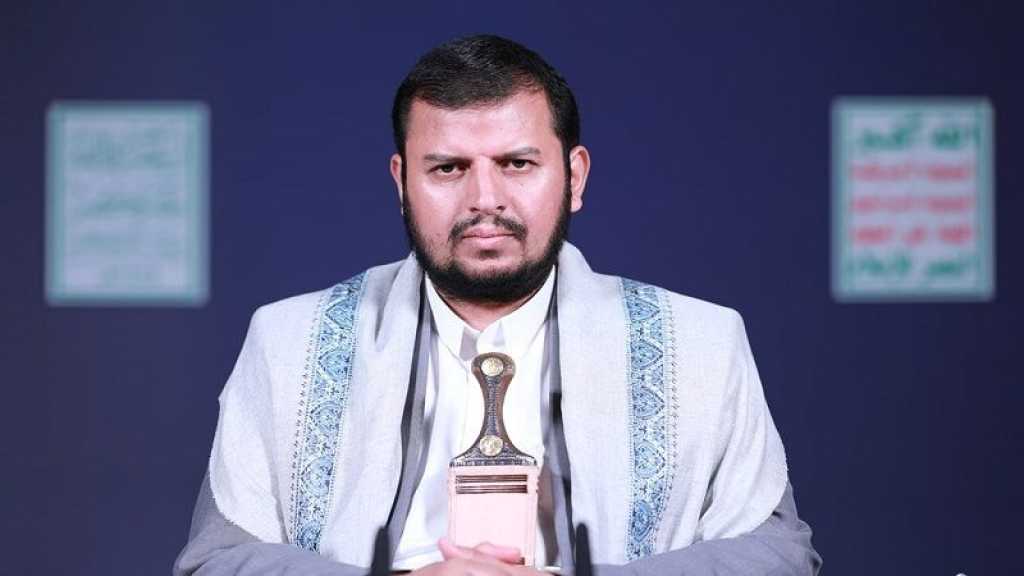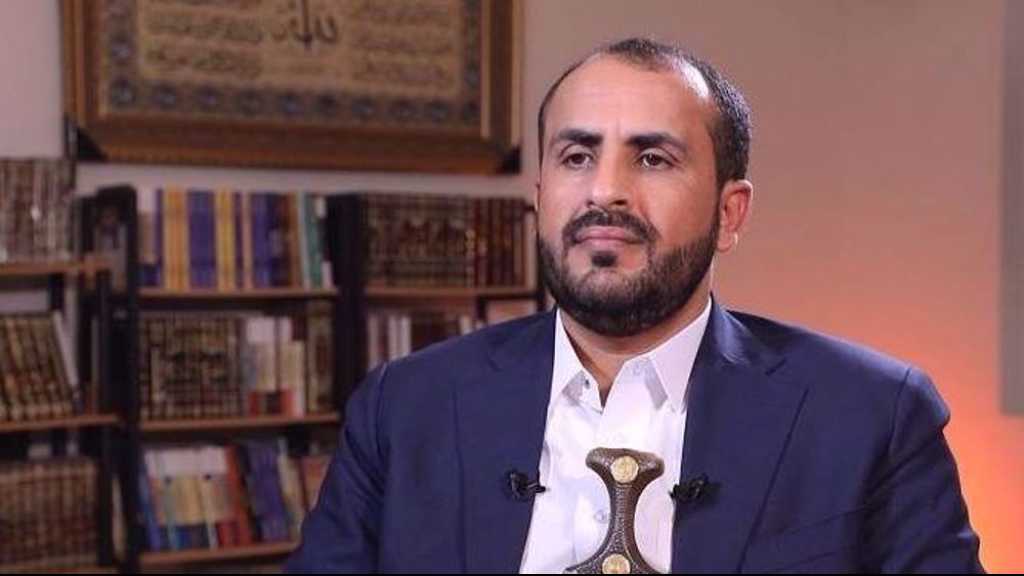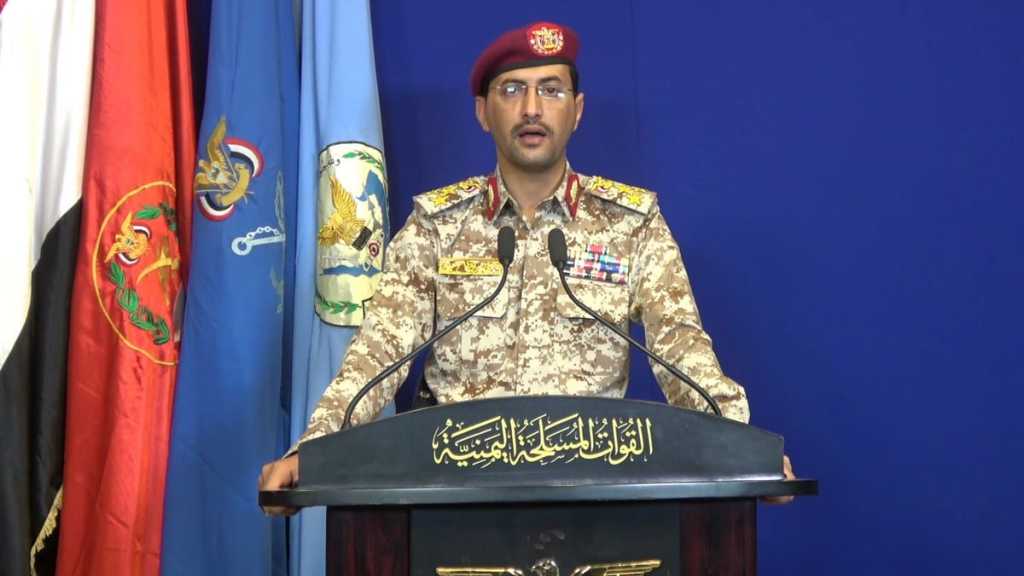
Yemen Inquiry: UN Agrees to Send War Crimes Investigators
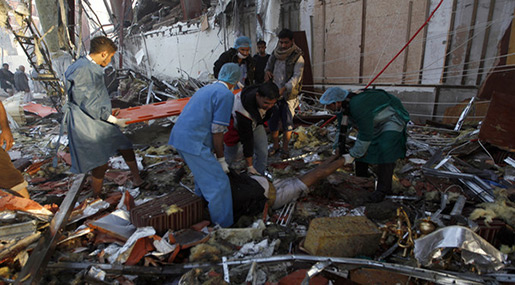
Local Editor
The UN Human Rights Council agreed Friday to send war crimes investigators to Yemen, overcoming resistance from Saudi Arabia, which sought to fend off an independent international probe. In a resolution adopted by consensus, the council mandated UN rights Chief Zeid Ra'ad al-Hussein to send a group of "eminent experts" to Yemen, where an Arab-led coalition has been bombing the country since March 2015.
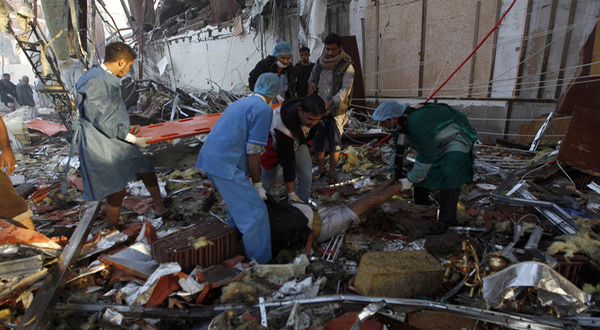
The group will then "carry out a comprehensive examination of all alleged violations and abuses of international human rights" committed in the conflict and try "to identify those responsible."
Launching the probe marks a victory for a group of European states and Canada, which pushed hard for an international inquiry fully independent of the Yemeni national investigation that is supported by the Saudis.
The coalition has been accused of bombing civilian targets in support of Yemeni President Abed Rabbou Mansour Hadi.
The Saudi envoy to the council, Abdel-Aziz al-Wasil, ended up endorsing Friday's resolution, which was slightly softer than previously EU proposals.
An earlier Dutch/Canadian draft asked for a commission of inquiry in Yemen, the UN's highest-level investigation, but that call was removed from the adopted version.
Countries with significant ties to Saudi Arabia, including the United States, Britain and France, were reported to have sought a compromise between the EU and Arab camps, which were deadlocked through the week on a resolution.
A US envoy to the UN in Geneva, Theodore Allegra, said that he was pleased the 47-member rights council was "speaking with one voice on Yemen."
British Ambassador Julian Braithwaite called the resolution "a significant achievement."
Yemeni Ambassador Ali Mohammad Saeed Majawar said his government will "engage positively" with the team of experts.
For Human Rights Watch, which had argued forcefully for a commission of inquiry, Friday's result still amounted to a success.
The new probe "will bring an unprecedented level of scrutiny to the conduct of all parties to the Yemen war," HRW's Geneva director, John Fisher, said in a statement.
Amnesty International said that the resolution was "a breakthrough" and a "victory" for suffering Yemeni civilians.
The situation in Yemen is often described as "the world's worst humanitarian crisis."
The conflict has martyred at least 10,000 people and wounded nearly 49,000 others, according to the World Health Organization.
More than 17 million Yemenis are now facing dire food shortages, and a nationwide cholera epidemic has reached 750,000 people and killed more than 2,100 since April.
Cholera cases could hit a million by year's end, the head of the Yemen delegation for the International Committee of the Red Cross, Alexandre Faite, told journalists earlier Friday.
Warring parties in Yemen are all using disproportionate force, leading to "very excessive" civilian casualties, Faite said. "The situation has really evolved in a very dramatic way and I think that it's nothing short of a catastrophe," Faite told a news briefing in Geneva.
With the main port of Hudaida damaged, the Red Cross brings medical aid, including insulin, into Yemen with occasional cargo planes to Sanaa.
Other goods come by land convoys from Jordan and Oman and by ship from Jordan, Oman and Dubai.
A ship from Karachi with 500 tons of rice is now due on Oct. 7 in Hudaida, the first ICRC shipment there since early February.
Faite called on all sides to open Sanaa airport to commercial flights for essential aid supplies and to make progress toward allowing the Red Cross to visit prisoners of war.
"I don't think political settlement is coming soon and I'm very worried that the extension of the conflict would lead to more problems," Faite said. "This is why humanitarian aid, access of essential goods should be there," he said.
"There is a bottleneck."
Although the death rate for cholera victims has dropped to less than 0.3 percent, Faite said that Yemen's "health sector is really on its knees in Yemen ... the health staff is on its knees as well because they are not paid." For the first time, the Red Cross is now providing health workers with food parcels, he said.
"In terms of access to even water, electricity, there isn't a power grid in the main cities in Yemen. Without the ICRC and other organizations fixing [pumping stations] there wouldn't be any running water in Sanaa," he said.
Source: News Agencies, Edited by website team
Comments
